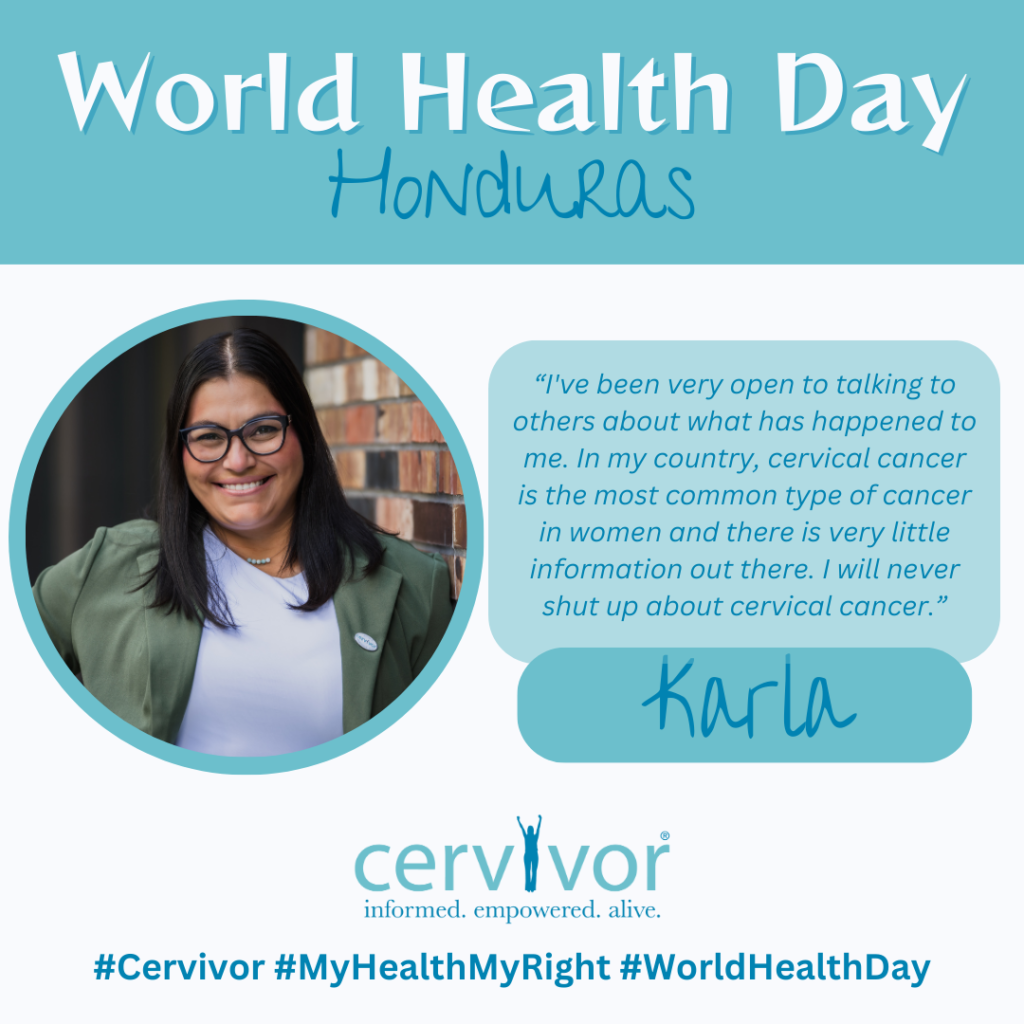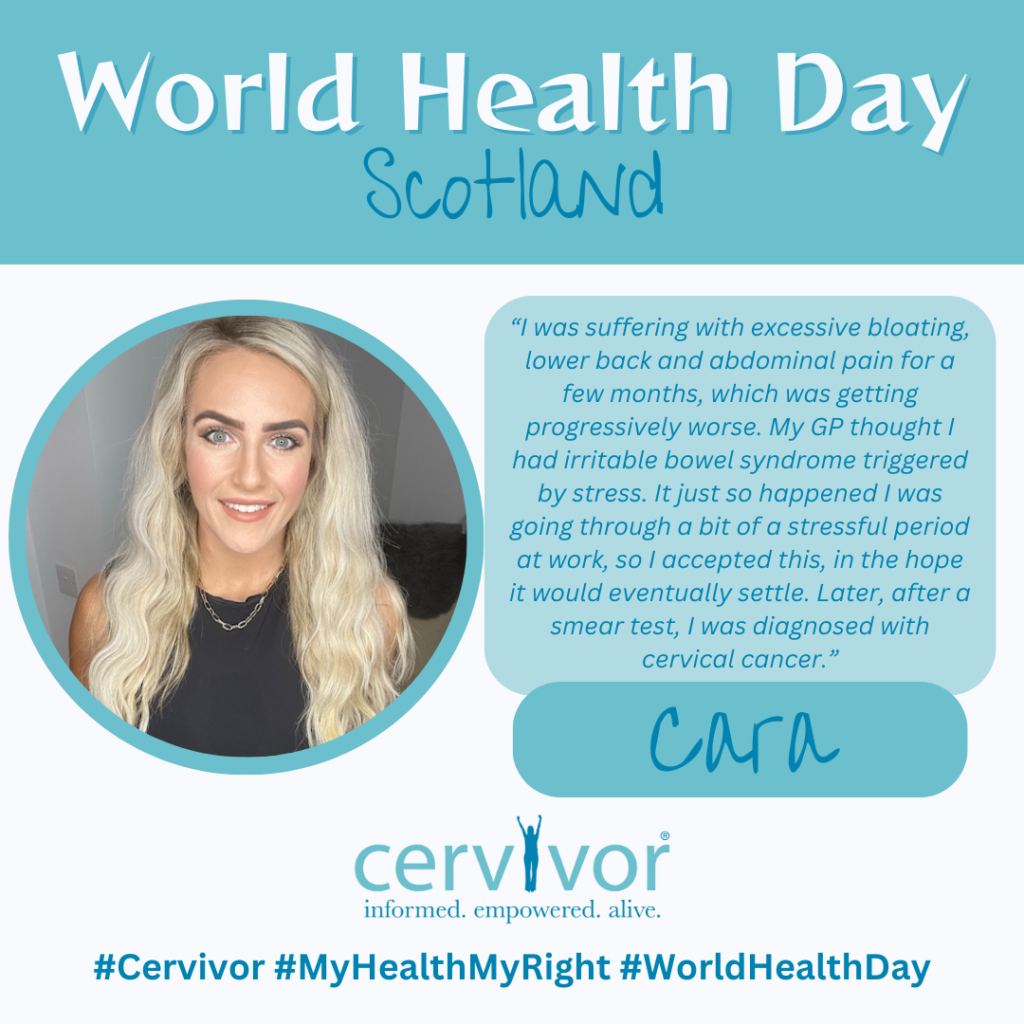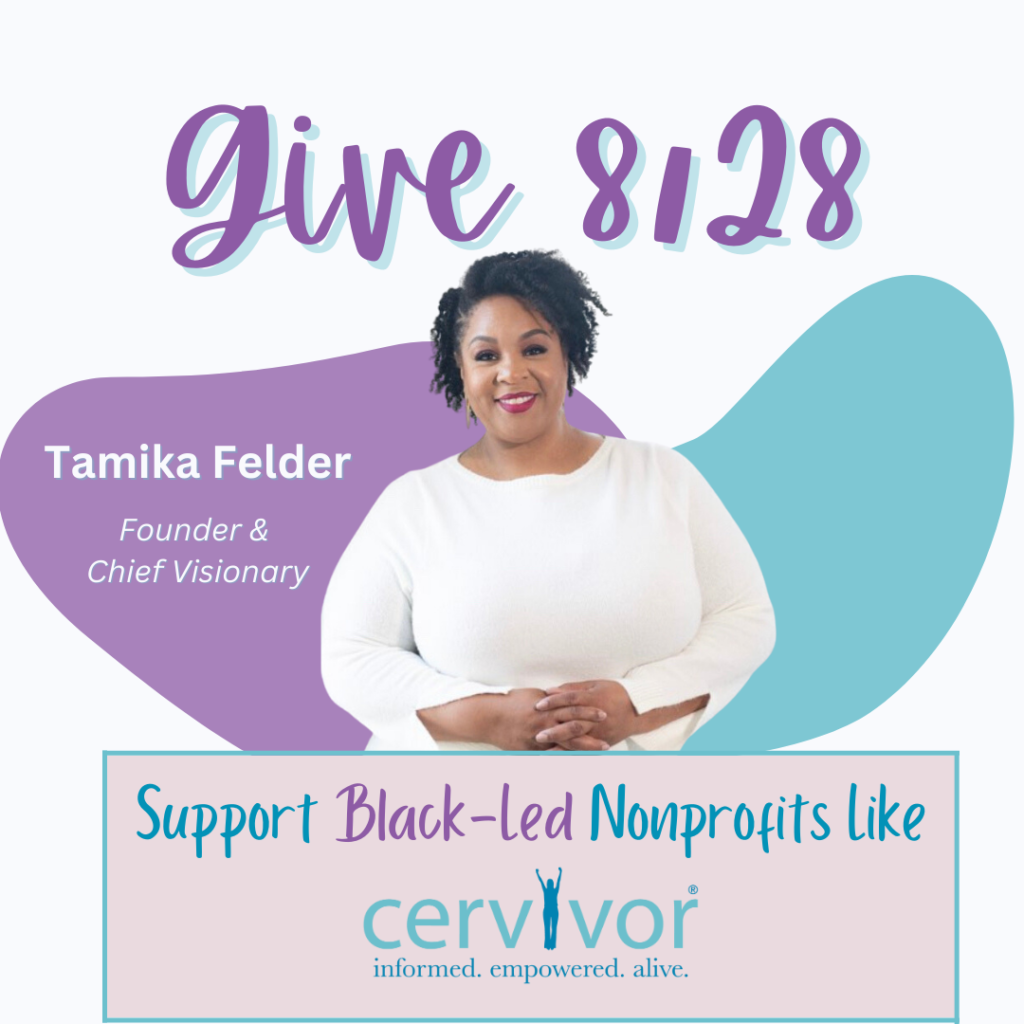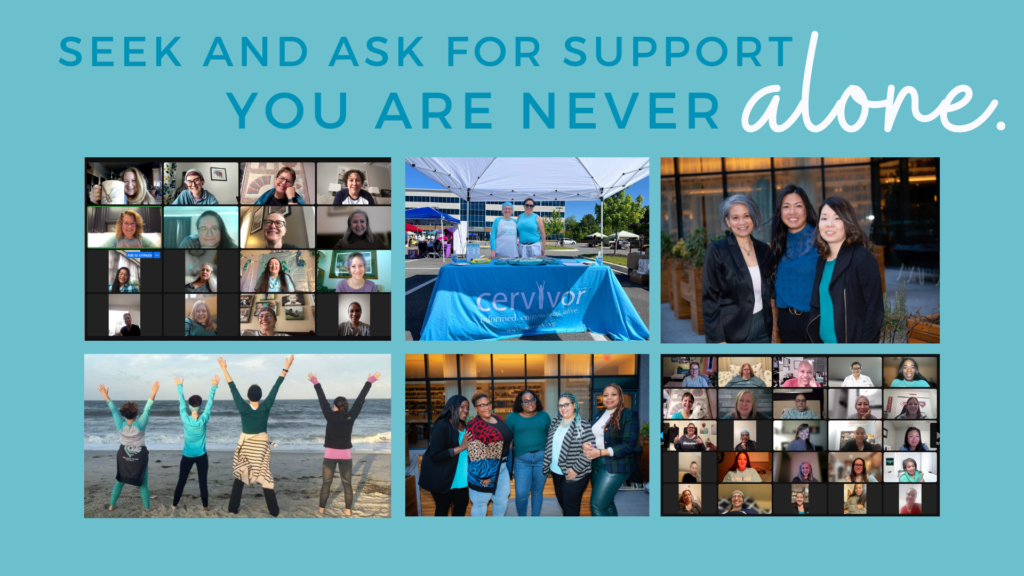On World Health Day, April 7th, we came together under the banner of “My Health, My Right,” echoing a fundamental truth: access to quality healthcare is a basic human right. However, as we reflect on the day’s theme, it’s clear that this right is far from being universally realized, as disparities persist not only on a global scale but also within communities, even in countries like the United States, Canada, Scotland, and across Central America and Africa.
The fight against cervical cancer serves as a poignant example of the multifaceted challenges in healthcare accessibility. In Africa, the lack of resources, including broken machines and long waits for vital screenings, creates barriers to early detection and treatment. Despite the personal choices individuals may make regarding their health, they are often hindered by the absence of necessary tools and infrastructure. Jane was a patient seeking care for a routine physical. She happened to find a free screening clinic being offered at her local hospital. Her cervical cancer was detected and treated early due to access and timely screening.


In the Caribbean, where the scenery is picturesque, the reality is harsh: limited access to comprehensive treatment options forces individuals to endure costly and emotionally draining journeys for essential treatments like radiation therapy. Countries like St. Lucia face the added burden of relying solely on chemotherapy, necessitating patients like Nymphia to seek radiation treatment abroad, adding layers of complexity to an already challenging situation.
Even in countries like Canada, where universal healthcare is a cornerstone, significant barriers persist, particularly for marginalized communities. Poverty, homelessness, and racism contribute to late-stage cancer diagnoses, resulting in poorer outcomes. Addressing modifiable barriers such as housing instability and limited health literacy is essential to ensure timely access to treatment for all Canadians.
Similarly, in Central America, including countries like Honduras, World Health Day serves as a reminder of the inherent right to healthcare. Despite recent progress, many barriers continue to hinder vulnerable groups and rural communities from accessing essential cervical cancer screenings. Challenges such as lack of awareness, stigma, financial constraints, and inadequate family support contribute to low screening rates, highlighting the need for targeted interventions. Karla is a cervical cancer survivor and patient advocate working to change the narrative.


Even in Scotland, a country with a robust healthcare system, cancer inequalities persist, with higher incidence and mortality rates in deprived areas. The disparity is stark, with cancer death rates being 74% higher in the most deprived populations compared to the least deprived. Urgent action is needed to dismantle barriers to early diagnosis and ensure equitable access to high-quality care across all communities. Cara was diagnosed with stage II cervical cancer after several doctors appointments originally addressing gastrointestinal and stress-related symptoms.
As we reflect on World Health Day 2024, it’s evident that the journey towards equitable healthcare is ongoing and multifaceted. It requires not only addressing systemic issues but also dismantling barriers rooted in social determinants of health. Together, we must continue to advocate for universal access to quality healthcare, ensuring that “My Health, My Right” is a reality for all, regardless of geography or socioeconomic status.
To get involved and make a difference, community members and allies can:
- Advocate for policy changes that prioritize healthcare equity and address social determinants of health.
- Support organizations like Cervivor and initiatives working to improve access to healthcare services for underserved communities.
- Educate others about the importance of health equity and the impact of social determinants on health outcomes.
- Engage in community outreach and support initiatives that address healthcare disparities and promote wellness.
- Stay informed and involved in local and global health issues, amplifying the voices of marginalized communities.
Together, we can create a future where everyone has equal access to the healthcare they need and deserve. Let’s work towards a healthier, more equitable world for all.

